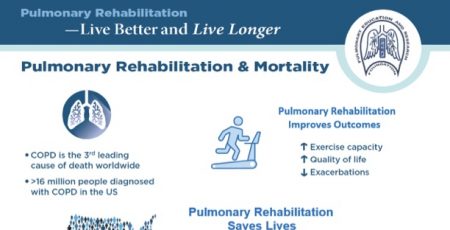19 Sep Eat, Play, Sleep – Stress Management Is Essential For Your Health
We all know that stress is not good for you. Separate from the psychological effects, stress can damage your physical health. How, and why?
What Your Body Does In Response to Stress
The body is built to react to stress for its own protection, so if (in ancient times) a predator was after you, or if (in modern times) a car is about to run you over, your body goes into high-stress mode and engages physiological changes that enable you to escape from the danger. Your brain perceives the threat and immediately signals your internal systems to release a burst of hormones that increase your heart rate and raise your blood pressure. You are instantly powered up to either fight or run; the classic fight-or-flight response.
The fight-or-flight switch is essential to humanity’s survival, but it can get stuck in the “on” position when we live with too much stress: our boss is irrational and demanding, our bills are overwhelming, our drive to work is a high-speed demolition derby, our kids are unstable, our spouse is ill. If every day brings stress, your blood pressure and your heart rate and other physiological functions can be elevated almost all the time, and that fight-or-flight response that’s meant to keep you alive can, paradoxically, begin to damage your health.
The key, then, is to find ways to reduce stress. Sure, you can’t prevent a car from heading toward you in a crosswalk; you need your fight-or-flight response to kick in for that. But maybe you can stop some of the other ongoing sources of stress in your life.
What You Can Do to Reduce Stress
First, identify your stress triggers
Is stress caused by your work, your relationship, your financial situation, your habit of always running late? Or perhaps you’re facing a major event in your life such as an upcoming move or a big anniversary celebration?
Second, remove the triggers that you can
If you consistently get too little rest because you have a hard time falling asleep, try turning off the TV and closing down the laptop a full hour before you need to go to bed. Read or listen to music; do something enjoyable but quiet that will help you wind down and fall asleep more easily.
Third, find new ways to respond to triggers you cannot control
If your stress comes from your job or a loved one’s illness, for example, you’re likely not in a position to change your situation. So instead, try new ways to cope; deep breathing, a regular tai chi or yoga class, getting to a park or the beach for a walk, or simply sitting and enjoying the peace and quiet, listening to music, or watching a comedy – anything to remove yourself from your situation, even if only mentally, and give yourself a break.
Fourth, develop healthy habits that reduce stress on an ongoing basis
Think about the food you eat; is it healthy, and do you eat regularly and in a calm setting, not while working at your desk or rushing from one place to another? Do you exercise regularly? Do you get as much sleep as you need? It’s important to maintain your self-care in these most basic ways. Your stress level, in general, will go down when you do.
Information for this article was obtained from the Mayo Clinic.





No Comments